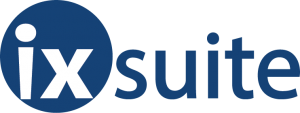Employers
The Affordable Care Act (ACA) defines a small employer as one with up to 100 employees, but the law gave states the ability of using a definition of up to 50 employees until the end of 2015. As a result, most states, including Illinois, used a definition of up to 50 employees. However, that will change in 2016, and all states will be required to classify their small group market as up to 100 employees.
Why does this matter?
The IRS has released the maximum penalties that are payable by individuals who are without minimum essential coverage in 2015 and who do not qualify for an exemption from the Individual Mandate.
The maximum penalties for this year are the greater of:
-
$325 per uninsured adult or $162.50 per uninsured child under age 18. The maximum penalty using this method is capped at $975.
July 22nd was quite an eventful day as it relates to the Affordable Care Act (ACA). On the same day, two different U.S. Courts of Appeals came to opposite conclusions as it relates to the ability for federally-facilitated Exchanges to provide subsidies to enrollees.
The Affordable Care Act (ACA) created the Patient-Centered Outcomes Research Institute (PCORI) as a way to help improve clinical effectiveness. The research institute is partially funded by fees charged to health plans, including some Health Reimbursement Arrangements (HRAs) and some Flexible Spending Accounts (FSAs). The fees are payable over a seven year time period and started for the first time last year.
The next round of PCORI fees are due to the IRS by July 31, 2014 and are payable via Form 720 by applicable employers for plan years ending in 2013
Benefits Buzz
Enter Your Email









